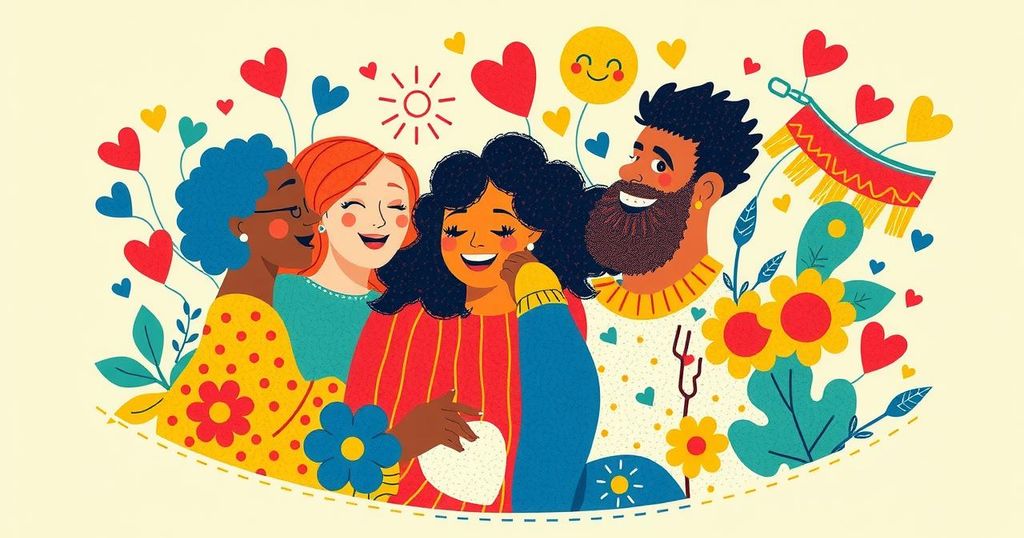World Down Syndrome Day: Advocating for Improved Support Systems in Ghana
World Down Syndrome Day, celebrated on March 21, emphasizes the rights and inclusion of individuals with Down syndrome. Focusing on the urgent need for improved support systems in Ghana, the article highlights the challenges faced by families, featuring the story of Papafio Kwei, an 11-year-old boy with Down syndrome. Strategies for addressing gaps include implementing inclusive education, expanding healthcare services, raising public awareness, and fostering family support networks.
World Down Syndrome Day is celebrated every year on March 21, promoting awareness and advocating for the rights and inclusion of individuals with Down syndrome. This year’s theme, “Improve Our Support Systems,” underscores the necessity for Ghana to enhance its policies and services catered to those affected and their families. Papafio Kwei, an 11-year-old boy with Down syndrome from Accra-Chorkor, exemplifies the joys and challenges faced by families in similar situations.
Papafio Kwei was born on March 21, 2012, and was diagnosed with Down syndrome shortly after birth. His parents, Atswei and Nii Kwei, experienced a mix of emotions—joy over his birth combined with concerns about his future. While they faced difficulties in accessing reliable information regarding education and healthcare, they found solace in the shared struggles of many families.
Determined to build a brighter future, the Kwei family opted for early intervention therapies and enrolled Papafio in an inclusive preschool, where he excelled socially and academically. Despite this progress, significant systemic barriers remain in the form of inadequate healthcare access, educational opportunities, and societal acceptance for children like Papafio across Ghana.
Addressing the critical gaps in support for individuals with Down syndrome involves implementing several strategies. These include:
1. Full Implementation of the Inclusive Education Policy: Ensuring children receive appropriate support to learn alongside their peers.
2. Expansion of Specialised Healthcare Services: Offering routine check-ups and therapies for individuals who typically face multiple health issues.
3. Comprehensive Public Awareness Campaigns: Combating stigma and promoting understanding within communities.
4. Strengthening Family Support Networks: Creating robust platforms for parents and caregivers to share experiences and resources.
5. Government and NGO Collaboration: Establishing partnerships between governmental bodies, NGOs, and civil organizations to better support affected individuals.
On this World Down Syndrome Day, it is essential for Ghanaians to unite in solidarity with families like Papafio’s. Advocating for improved support systems ensures that every child has the chance to thrive and participate fully in their communities.
Individuals are encouraged to engage in local events promoting Down syndrome awareness, share stories like Papafio’s through social media using hashtags such as SupportPapafio and WDSD2025, and advocate for policies aimed at enhancing the lives of individuals with Down syndrome and their families.
In conclusion, on this World Down Syndrome Day, it is imperative for stakeholders in Ghana to strengthen support systems for individuals with Down syndrome. By implementing inclusive policies, expanding healthcare services, combating stigma, and fostering community acceptance, the goal of equitable opportunities for all children can be achieved. Every child’s potential should be recognized, and they should be encouraged to pursue their dreams unhindered.
Original Source: gna.org.gh




Post Comment